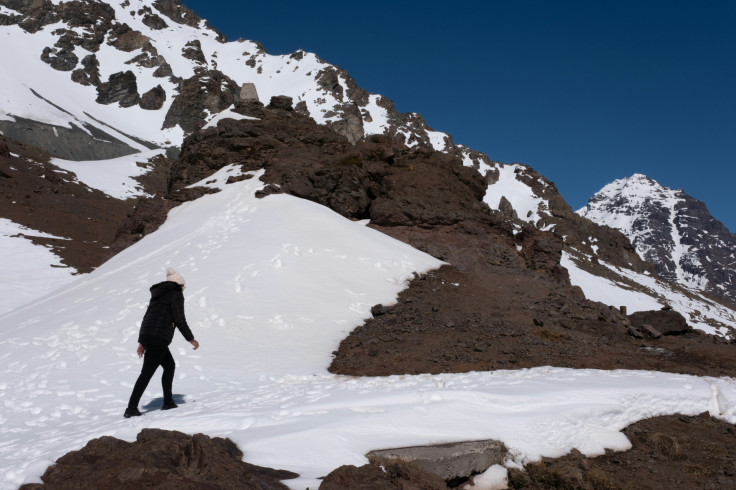
Venezuela is believed to be the first country to have lost all its glaciers in modern time as its last one standing shrank so much that scientists reclassified it as an ice field.
The South American country had been home to six glaciers in the Sierra Nevada de Merida mountain range. Five of them had disappeared by 2011, leaving just the Humboldt glacier, also known as La Corona, The Guardian reported.
The reclassification follows a December decision by the Venezuelan government to cover the remaining ice with a thermal blanket in hopes to stem or reverse the melting process. That move was met with much criticism by climate activists, who warned that the covering could contaminate the surrounding habitat with plastic particles as it degraded, the BBC reported.
There is no global standard for the minimum size to be considered a glacier, but the U.S. Geological Survey said 10 hectares is a commonly accepted metric. The Humboldt Glacier used to cover 450 hectares, but now specialists believe it has shrunk to only 2.
A study from 2020 suggested the glacial area in Venezuela shrank by 98% between 1952 and 2019. The rate of glacial retreat rose around 1998 to a peak of nearly 17% per year from 2016 and 2019.
"The loss of La Corona marks the loss of much more than the ice itself, it also marks the loss of the many ecosystem services that glaciers provide, from unique microbial habitats to environments of significant value," said Caroline Clason, a glaciologist and assistant professor at Durham University.
Average global rising temperatures due to climate change is helping increase the loss of ice, which then causes sea levels to rise around the world.
Unlike other countries such as Peru, Venezuelan glaciers had a limited role in water provision for the region, according to The Guardian.
"The biggest impact for me of the disappearance of glaciers is cultural," said Luis Daniel Llambi, an ecologist at Adaptation at Altitude, a program for climate change adaptation in the Andes. "Glaciers were a part of the region's cultural identity, and for mountaineering and touristic activities."
"That Venezuela has now lost all its glaciers really symbolizes the changes we can expect to see across our global cryosphere under continued climate change. As a glaciologist, this is a poignant reminder of why we do the job and what is at stake for these environments and for society," said Clason.
In fact, specialists believe other countries will follow. Mexico, Indonesia and Slovenia are expected to be next in line to become glacier-free, according to The Guardian.
"This is an extremely sad record for our country, but also a unique moment in our history, providing an opportunity to [not only] communicate the reality and immediacy of climate change impacts, but also to study the colonization of life under extreme conditions and the changes that climate change brings to high mountain ecosystems," said Llambi.
© 2024 Latin Times. All rights reserved. Do not reproduce without permission.





